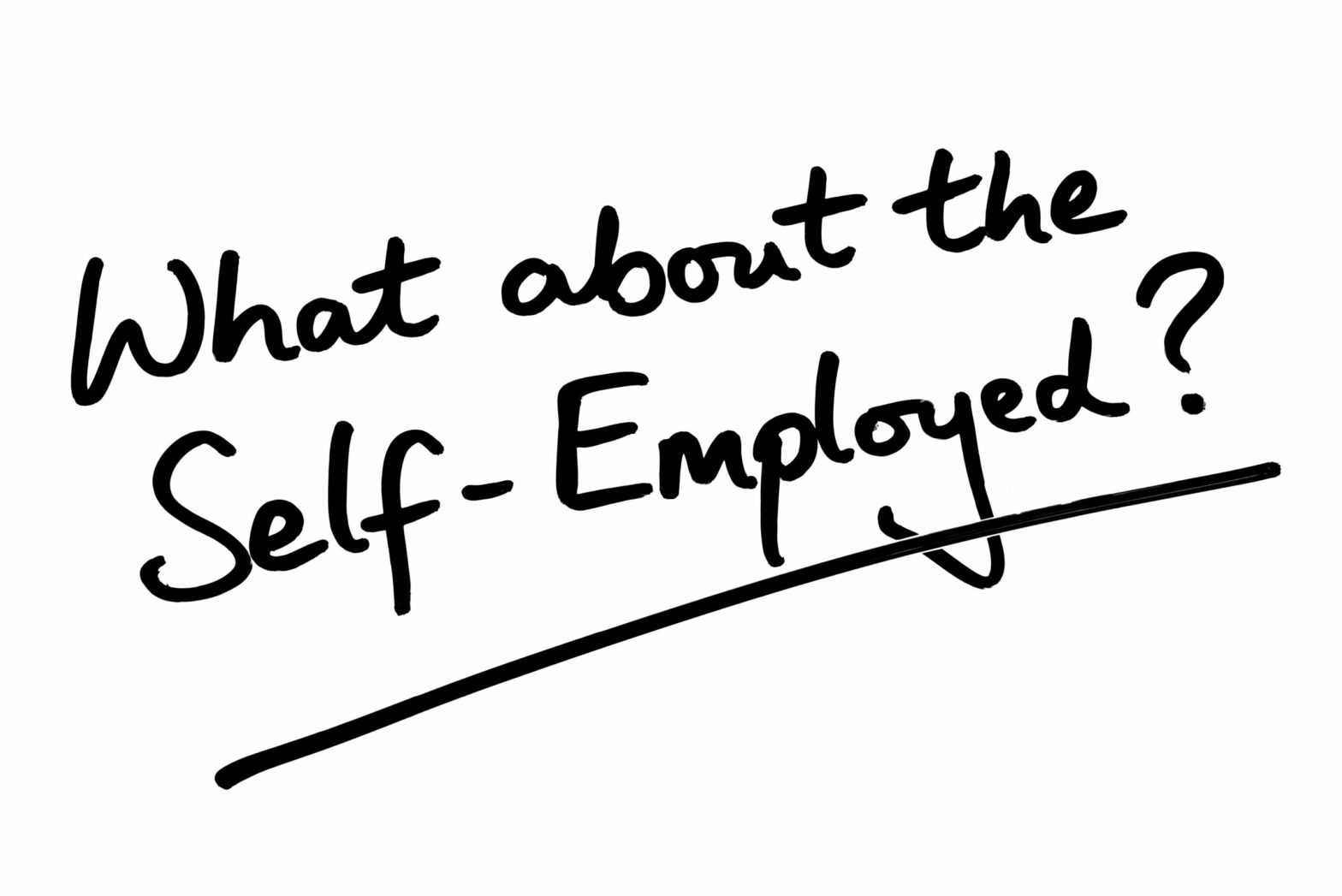Earlier this month, aviation millionaire Simon Dolan, who is worth £200m according to the Sunday Times Rich List, lost his bid to bring a High Court challenge against the Government over the coronavirus response. He is appealing against the against the decision denying him permission to bring a judicial review over lockdown.
When I first initiated legal proceedings against the Government over the introduction of lockdown, the last thing I thought I would be talking about is the changes to the Insolvency Act, and yet these changes are fundamental, regressive, and without doubt will lead to far more issues – all in a vain attempt to prop up the economy for a few more weeks.
Yet, as an accountant with over 30 years’ worth of experience in the industry, I have looked on in horror over the last few months as the Corporate Insolvency and Governance Act breezed through the Commons and Lords without any adequate scrutiny and became law two weeks ago.
>See also: How to deal with a furloughed employee who refuses to return to work
What the Corporate Insolvency and Governance Act means
In the round, the introduction of the Corporate Insolvency and Governance Act is designed to restructure the regime to give directors the tools and greatest opportunity to weather the storm many have faced, primarily, due to the Government’s decision to implement lockdown.
If a company enters insolvency under these regulations, suppliers, often small companies with cash flow difficulties, will be forced into continuing to supply businesses which do not have the capacity to pay them.
The Government is dubbing the act as “the largest change to the UK’s corporate insolvency regime in more than 20 years”, but change doesn’t always equate to success. One of the many criticisms I have had of the Government in recent months is its tendency to be naïve and propensity for overreaction. This is another clear example of precisely that misguided approach.
‘Many companies will have exploited the Government’s Coronavirus Job Retention Scheme’
It is now evident that many companies will have exploited the Government’s Coronavirus Job Retention Scheme and I fear many larger businesses will do just that with the new insolvency legislation.
However, the new law is wide of the mark and will instead create a dangerous dichotomy between companies and creditors, rather than providing breathing space for cash-strapped firms. The act has brought into force “ipso facto” reform altering regulations on the rights of suppliers of goods and services if the counterparty enters insolvency.
Now, the Government will state that small and medium-sized businesses have the power to appeal this if it is possible to prove that it is causing them harm, and for those with a turnover of less than £10m per annum are exempt from supplier obligations.
‘It is always small business and average working man and woman who pays in times of crisis’
Even though they are exempt from supplying insolvent businesses those above them in the supply chain are not, leading to potentially damaging relationships between debtors and creditors.
And it will not stop there.
>See also: HSBC handling of bounce-back loans branded ‘shambles’ by businesses
Why the insolvency bill is bad news for sole traders
The Government’s new powers to compel businesses to keep supplying, even when they are not getting paid, will escalate and create a domino effect down the supply chain, with more and more businesses being placed in hardship as a result. We have seen that it is always the small business and average working man and woman who pays in times of crisis. I am deeply worried that the small businesses that haven’t been decimated by the lockdown will end up bearing the brunt of the Government’s attempt to write off enormous corporate debt and obscure the fact that the mishandling of this virus is the real issue.
Alongside sweeping changes to supply obligations, the Government has also chosen this time to alter wrongful trading provisions for directors.
The alteration will remove the threat of personal liability from directors who continue to trade in the knowledge that they will become insolvent in the future. Although I am certain many businessmen and women will use this as breathing space, I am equally sure that many will utilise this opportunity to continue trading irresponsibly putting creditors’ interests at the bottom of the pile.
The truth is the insolvency regime worked perfectly well and this change is emblematic of the Government’s disproportionate handling of the coronavirus crisis. Its failure to consider nuance has meant that the Government introduced an economically damaging and ineffective lockdown.
To help finance its response, the government is set to borrow up to £350bn, sending the budget deficit to in excess of 100 per cent of GDP.
Additionally, substantial loans to private businesses, many of which will never be repaid, are cashing in at £100bn and rising.
Rishi Sunak’s furlough scheme will cost taxpayers over £60bn by its October deadline. Despite its good intensions, all the furlough scheme has done is postpone the evil day of reckoning, at vast cost.
In recent weeks we also have seen tens of thousands of jobs lost at household names including Boots and John Lewis, yet the Government continues to pursue policies with deadly repercussions far outweighing the impact of the virus itself.
The Corporate Insolvency and Governance Act is just the latest in a long line of Government tactics to manipulate figures and convince the public that this crisis is not being dreadfully mismanaged.
When small companies are forced to continue supplying insolvent businesses and employees’ salaries don’t get paid, maybe the Government will finally take notice of this economic time bomb just waiting to go off.
Simon Dolan is a campaigner and businessman who owns or part-owns 10 UK businesses including Jota Aviation and Jota Sport





